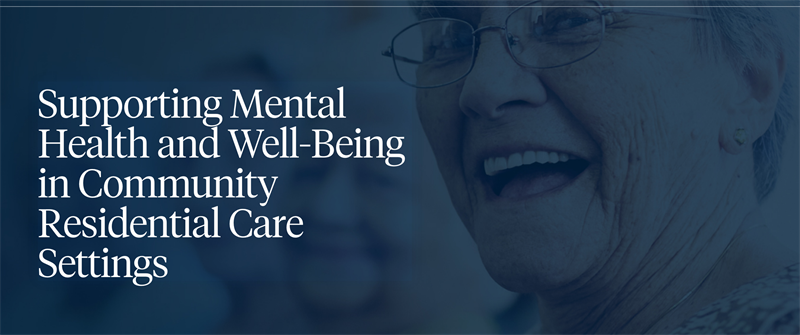Published
on
January 17, 2022
| 1,331 views
| 0 followers
members are following updates on this item.

On March 11, 2020, the World Health Organization (WHO) declared the novel coronavirus disease (COVID-19) to be a global pandemic and it soon became apparent that community residential care settings, and nursing homes or long-term care (LTC) facilities in particular, were the epicentre for infection and death. Pre-pandemic systemic and structural deficiencies (such as a precarious front-line workforce fuelled by decades of deregulation, privatization, contracting out of support services, inadequate staffing levels, antiquated hospital-like institutions, reduced care services, and lack of effective oversight), created an overstretched system unable to respond to the pandemic. The systematic reduction of staff providing medical coverage, regulated nursing staff, physical and recreational therapists, and social workers left inadequately trained care aides struggling on their own with little support to meet the complex needs of residents. In these circumstances, in many facilities, an institutional model of care with a focus on basic physical and personal care, and on task completion, has resulted. Psychosocial, mental health, and emotional needs, as well as factors that promote well-being and quality of life, have been largely ignored as staff struggle to provide even basic physical care compassionately, and as residents languish.
Page Options